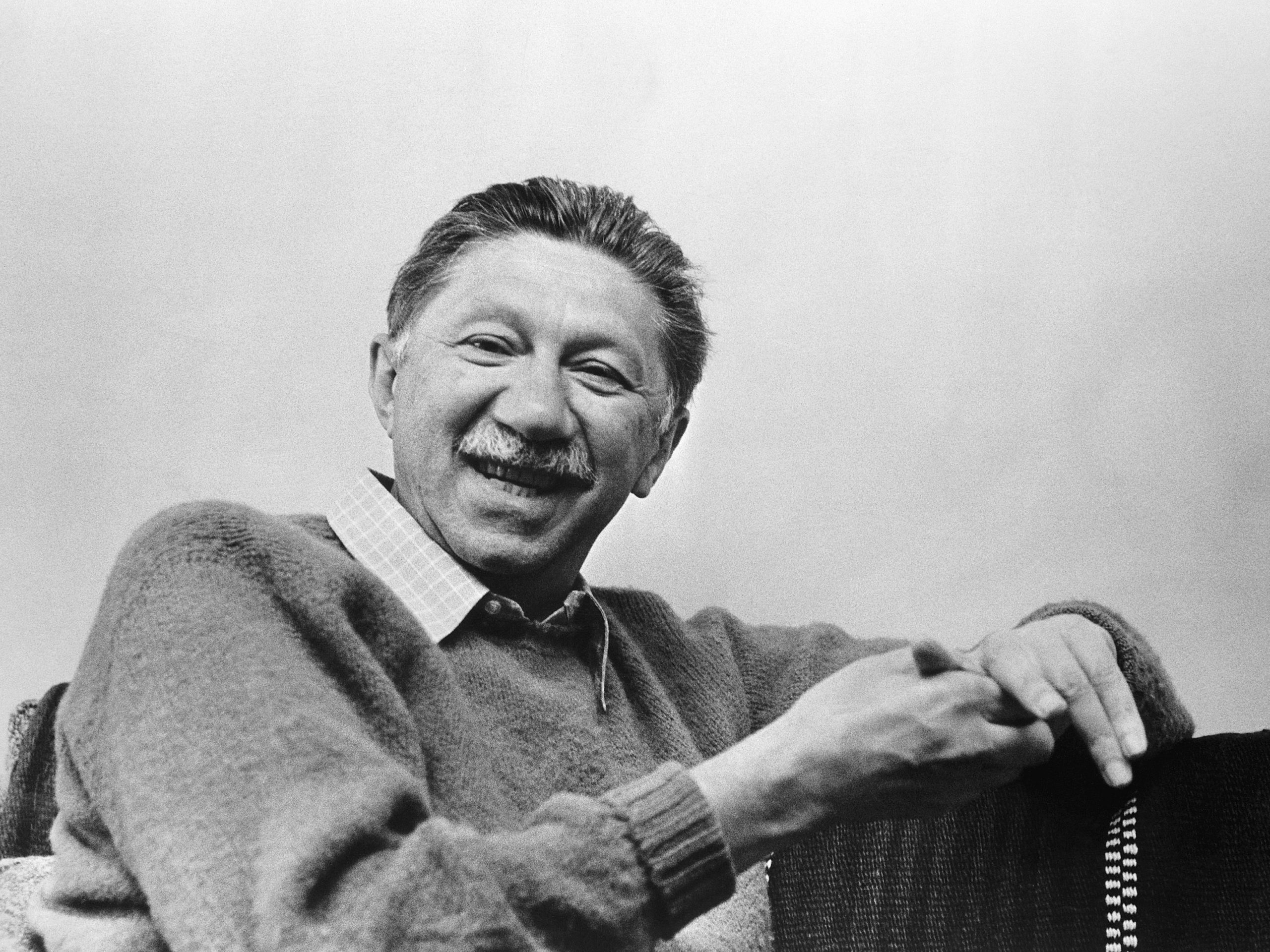
Abraham Maslow (April 1, 1908 – June 8, 1970) is one of the twentieth century's most cited psychologists. In his major works, "Motivation and Personality " (1954) and "Toward a Psychology of Being" (1962), Maslow introduced the “Hierarchy of Needs,” his most famous theory, which formulated a list of basic human needs that need to be fulfilled for maximum psychological health. His humanistic psychology, which has been called the third school of psychology (in opposition to psychoanalysis and behaviorism), brought Maslow worldwide fame as an adult. Known for his scholarly research and writing, Maslow taught at Brooklyn College, at Teachers College of Columbia University, and at Brandeis, where he eventually became chairman of the psychology department. During his lengthy career, Maslow co-founded the Journal of Humanistic Psychology in 1961 and the Journal of Transpersonal Psychology in 1969. Presently, both journals are respected and oft-cited, serving as a tribute to Maslow’s legacy in the field of psychology. Furthermore, in 1967, he was named "Humanist of the Year" by the American Humanist Association.
After attending public school in a working-class neighborhood in New York, Maslow attended Cornell before transferring to the University of Wisconsin after one year. Initially, Maslow was interested in philosophy, but frustration with the subject's lack of practical applications caused him to switch his focus to psychology. At Wisconsin, he found a mentor in the noted psychologist Harry Harlow. Like Harlow, Maslow studied primates, focusing on their dominance hierarchies. In time, the intellectual young man turned away from the predetermination of behaviorist theories in favor of the far more optimistic humanistic psychology, which was built on the notion that humans are able to leverage inner strengths to grow, heal, and even choose their own paths.
In 1930 he obtained a Bachelor’s Degree from the University of Wisconsin–Madison. Choosing not to leave, the next year he received his Master of Arts, followed by his PhD in 1934. His doctoral dissertation “The Role of Dominance in the Social and Sexual Behavior of Infra-human Primates" proved that primates dominate one another by visual intimidation, not physical aggression.
Following graduation, Maslow spent another year at the University of Wisconsin, where he served as a teaching fellow in psychology from 1934–1935, and he is now widely considered one of the university’s most famous and influential alumni.
